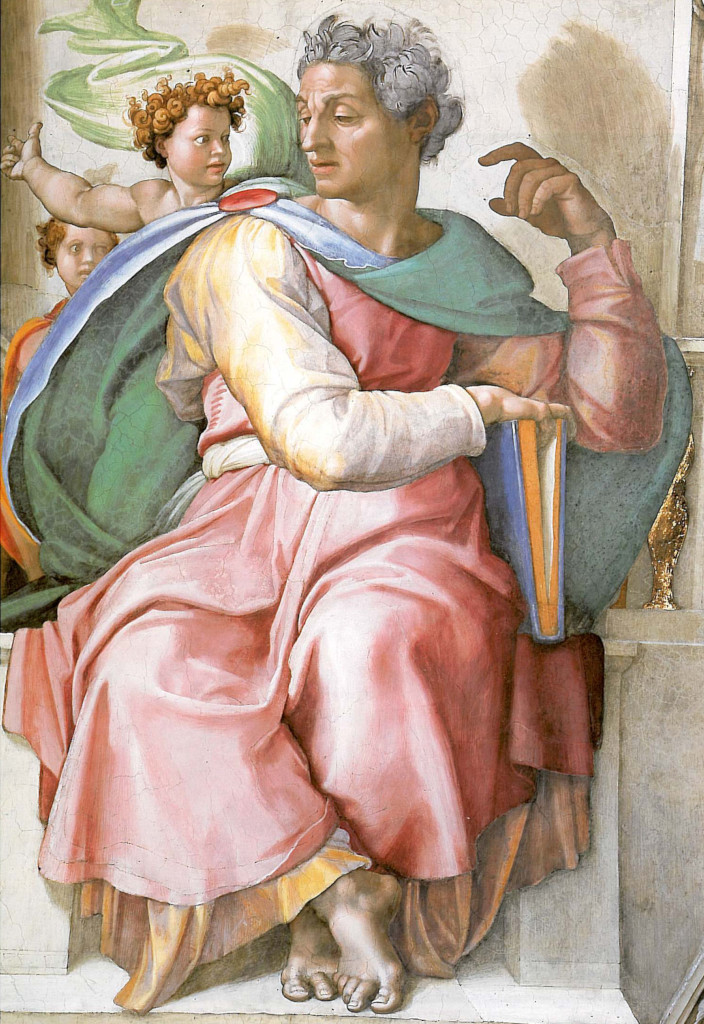 |
| Dr Louis Pasteur, famous French scientist and devout Catholic. A journalist once asked him, "Dr Pasteur, how is it that you, one of the greatest scientists of our age, have the religious faith of a Breton peasant?" Pasteur replied, "What you say is true. But I hope that one day it will be different. I hope that one day, I will have the faith of his wife." |
There is, on YouTube, a series of about
forty episodes called People who Changed the World. What is interesting,
is the people that have been chosen. All seem to be amongst the darkest and
most evil in the world: Mass murderers like Pol Pot of Cambodia, Slobodan
Milosevic of Serbia or Kim Jong Il of North Korea. They are people who have
created darkness and misery and death for millions of people. They have
certainly changed people’s lives through hardship and suffering. But the
strangeness is that they have made no real contribution to the world. People
have been wounded, physically, emotionally and spiritually by them, but as time
passes, the world always seems to recover from them. They are here today, gone
tomorrow, and eventually ordinary people just forget them as generations pass.
Soon, like Ozymandias in Shelley’s poem, little remains of the might they have
conferred about themselves but mouldering ruins.
Nowhere in this series does one find the
great and good; scientists like Louis Pasteur, for example, whose work still
benefits billions of people worldwide. Nowhere does one find the great
reformers of labour laws, prisons, medicine and nursing. Nowhere do the great abolitionists
of slavery feature. Great humanitarians like St Theresa of Calcutta are
conspicuous by their absence. There is an unbridgeable gap between the monsters
presented in the series, who changed times and places, albeit drastically, for
a while, and those who brought the light of God to bear upon the world.
For this is the great difference. The
murderous and violent figures in the series all started with a vision for a
godless heaven on earth. When they began to fail, as such visions always do,
their proponents attempted to shore them up and force their continuance with
ever increasing control and violence, until the systems became more oppressive and
brutal than the ones they were supposed to be replacing. They replaced love and
justice with oppression and fear. They failed to deal with the one thing that
could have made the difference; human sin, both within and around them. And
they lacked the one thing that could have made the difference: God’s redeeming
love, as He communicates it to us through the death of Jesus on the cross, and
his resurrection from the dead.
Without God to heal, us, we carry around
with us, sin and its consequences, and no matter what we attempt, sin stains
and pollutes it. We need to be redeemed, to be made “whiter than snow.”
(Psalm 51) It is those who were close to God, who loved him above all things,
who have really changed the world. The horrors inflicted on Romania by the
Ceauçescus lasted for 25 odd years, and the country is recovering from them. What
they did has passed into history. But the efforts of William Wilberforce in the
emancipation of slaves is with us still, and the world has been transformed
forever by the work that God achieved through his faithfulness.
It would be wonderful were we to be able
to make a counter-series about “People who REALLY Changed the World, and to
tell the stories of people such as William Wilberforce, Florence Nightingale,
Elizabeth Fry, St Peter Claver, St Theresa of Calcutta, Archbishop Romero and a
host of others. But perhaps it is not necessary. God has seen their work, and
the world has benefited by it. What will the contribution of each one of us be?
Great or small, each one of us has a very definite task to do for God, and even
the smallest can change the world without even knowing it. May each one of us
respond to his call, and carry out that task to the very best of our will.
Fr Phillip.ere is, on YouTube, a series of about forty episodes about people
who changed the world.




